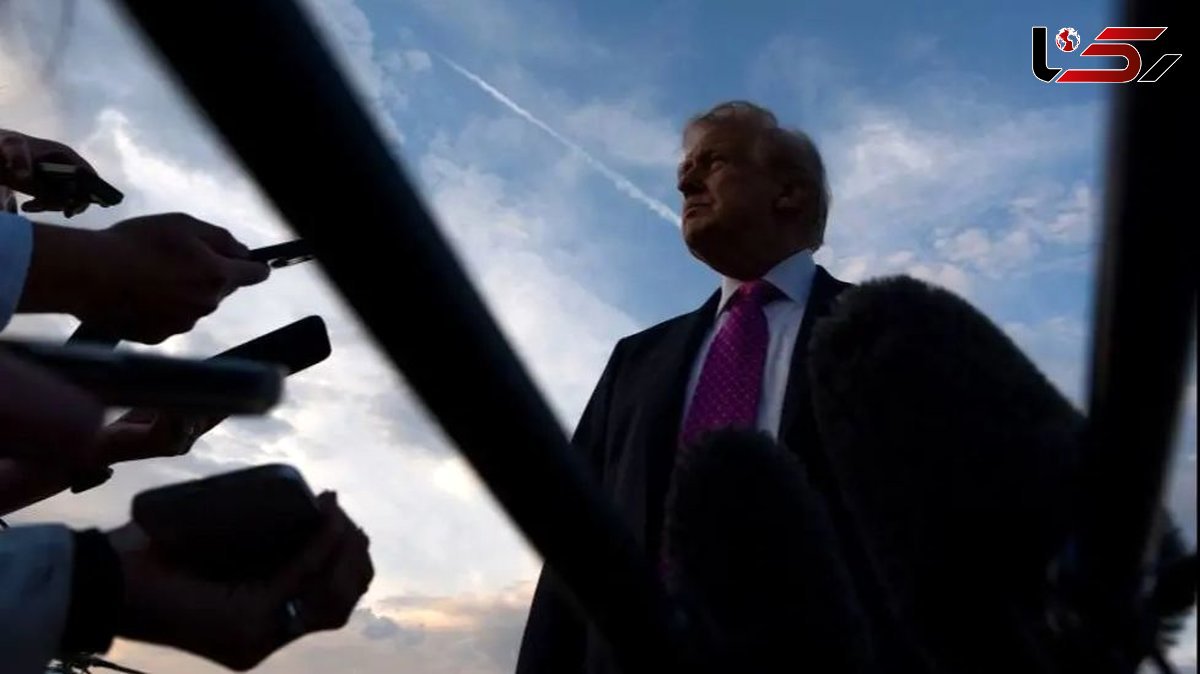Three Main Reasons Donald Trump Missed Out on the Nobel Peace Prize
Rakna Political Desk: The fact that Donald Trump did not receive the Nobel Peace Prize can be attributed to several factors, including his unconditional support for Israel and his controversial international policies, which overshadowed his qualifications according to the award’s primary criteria.

The Nobel Peace Prize is one of five awards established by Swedish industrialist and inventor Alfred Nobel and was first awarded in 1901.
According to Rokna, Nobel stipulated in his will that the prize should be awarded “to the person who shall have done the most or the best work for fraternity among nations, the abolition or reduction of standing armies, or the holding and promotion of peace congresses.” However, the political nature of the Peace Prize is undeniable. Over the years, recipients have often aligned with Western policies or opposed actors in anti-Western countries.
For instance, the 2025 Nobel Peace Prize recipient, Marina Machado, a Venezuelan politician, entered the country’s National Assembly in 2011 to oppose Maduro’s government. She was subsequently expelled from the assembly and barred from political activities until 2030. While her resistance is notable, her contribution to peace is arguably limited, as her efforts have been more revolutionary than conciliatory.
In contrast, it is striking that Trump, the U.S. President, who actively pursued the prize in recent months, did not receive it. He publicly claimed to have been responsible for seven global peacemaking efforts and even pressured international leaders to acknowledge his achievements.
Arguably, his most significant effort was brokering a ceasefire in Gaza, which, without his intervention, Israel—led by Netanyahu—might not have agreed to halt military operations. Trump also facilitated peace between Azerbaijan and Armenia and received recognition from leaders of both countries for his role.
So why did Trump fail to secure the Nobel Peace Prize? Several factors may have played a role. The Nobel Committee process begins months in advance, typically between September and January of the previous year. Since Trump’s efforts began in 2025, there may have been insufficient time for his candidacy to gain traction.
Other more influential factors likely included Trump’s controversial actions, such as his pressure on Denmark regarding Greenland, which created dissatisfaction among Scandinavians and affected Norwegian decision-makers.
European dissatisfaction with U.S. support for Israel also played a role. Despite U.S. claims of facilitating peace and protecting Gazans, the West is well aware that Washington’s unwavering backing of Israel—particularly under Trump—complicated regional reconciliation.
Perhaps the most decisive reason Trump was denied the prize is that he did not align with the “global mainstream.” This power structure, encompassing heads of major corporations and trusts, influential politicians, media executives, and international organizations, maintains hegemony over global affairs. Trump’s insufficient achievements in Ukraine and failure to secure peace in parts of Europe displeased this establishment. Denying him the prize may have been intended as a corrective signal, as the global powers knew the award was personally important to Trump.
Had Trump successfully ended the Russia-Ukraine conflict and restored peace in Europe, he would likely have been considered a strong contender for the Nobel Peace Prize. For the global power structure, resolving the Ukraine crisis is far more critical than Gaza or Palestine, as Europe’s vulnerability to Russia and China signals potential weakening of their influence.
Trump’s immersion in personal ambition and the sycophancy of his inner circle has reportedly blinded him to key signals from his environment, potentially endangering his future and risking scandals reminiscent of the Epstein case.
Send Comments